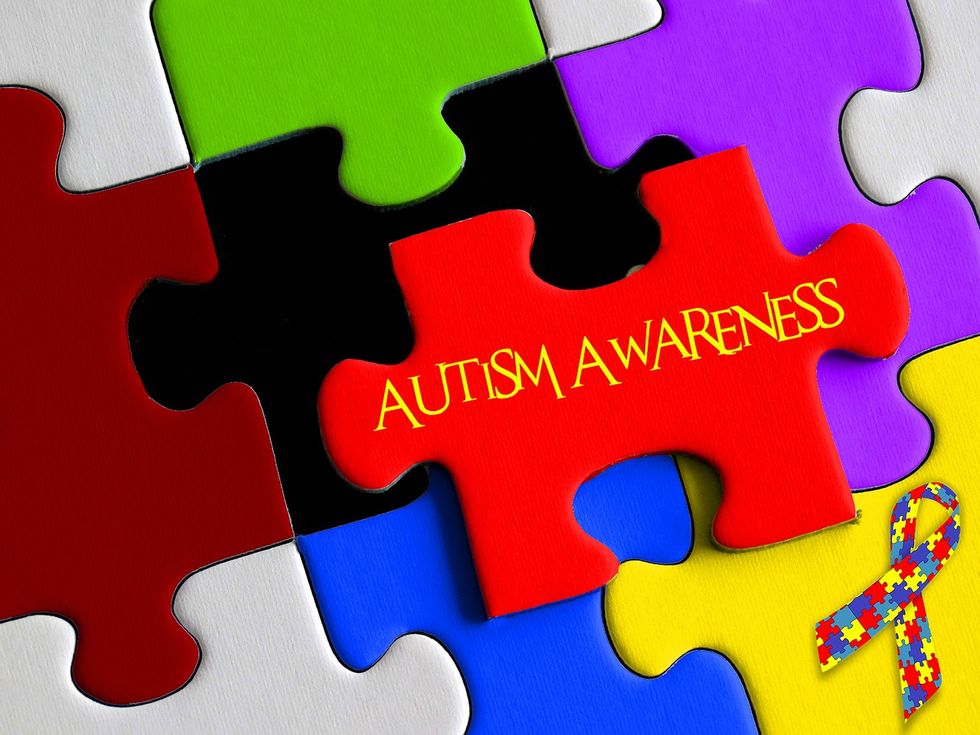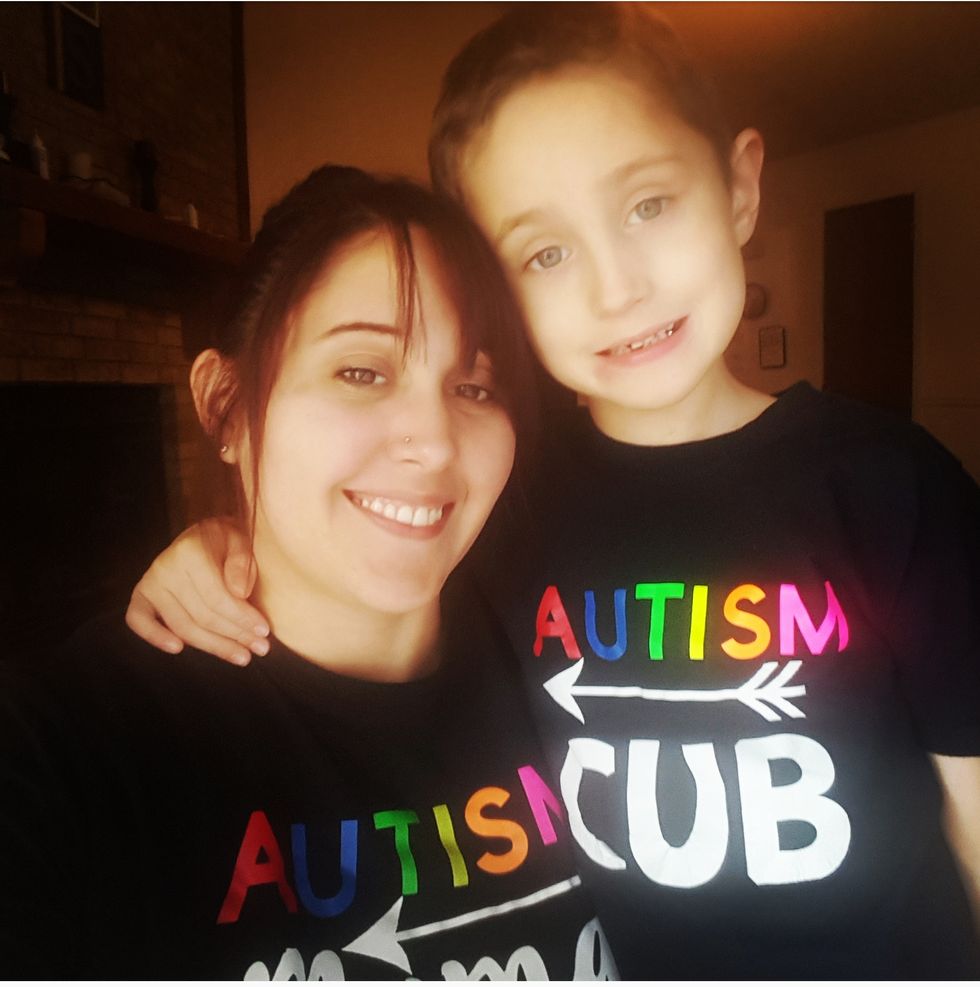For a long time, I was just as guilty as anyone else of judging that parent with the child who seemed out of control, thinking, “If that was my child…” That was before I understood Autism, before spectrums, before someone I loved was diagnosed.
Years ago, I worked for the States Department of Aging and Disability. During training, we dedicated two weeks to learn about autism. We studied the spectrum, what they called behaviors and how to react to this. I spent a year and a half working with and caring for men and women on different levels of the spectrum.
I cared for many of them, but they are not who I am talking about. Around the time I left that job, my sister and I noticed my one-year-old nephew Gavin liked to line his toys and shoes in a perfect line, and that he would shy away with interaction with other children. Not a huge deal, kids do that sometimes. But we noticed he had to cover his face and shake his head to fall asleep.
I had a feeling then, but I wanted to think I was overthinking it. I have a tendency to do that.
It took three years to get a diagnosis of autism. More accurately, Mild ASD (Autism Spectrum Disorder) with ADHD. This means he had mild delayed communication skills, and difficulty focusing. He had been in Preschool Programs for Children with Disabilities (PPCD) classes for a year before his actual diagnosis, and just the progress made in class was amazing.
Now, you may wonder how this affects me, he is not my child, I don’t have to live with him daily, I don’t have to experience the meltdowns. My sister is my best friend, she loves my children like her own, and I love hers as my own. Gavin may not be mine but he is still my baby.
I also lived through the phone calls.
People were staring and shaking their heads when Gavin would have a meltdown. Judging without knowing that Gavin doesn’t understand why he can’t have that toy, or there was too much noise in the store and he would have a sensory overload. She had to explain to another stranger that he was autistic and not just spoiled, she would worry about him in class, getting away from his teachers and into traffic.
My sister has two other children who sometime must sacrifice things because they have an autistic brother. What will his future be like? Will he be able to live on his own? Will he be able to work, will he have a relationship? Things that a neurotypical mom takes for granted are everyday worries for a special needs mom.
I hurt for my sister, I hurt for Gavin, who just can’t communicate things the way we can and gets frustrated. I worry about them every day. This is part of why I decided to minor in psychology when I went back to school. I wanted to really understand what autism meant.
Now for the good part. Gavin is a beautiful light, he is the most caring, sweetest child I have ever experienced. His smile is infectious, just as is his excitement. I can’t explain in words how I felt the first time I heard him call me Aunt Lisa.
When he began making sentences, I cried. He progressed so well in PPCD that he could go to first grade as scheduled. Not only this, but he is keeping up with a class full of neurotypical children, and his teachers love him. When Gavin hits a milestone that a neurotypical child hit long before, it is monumental.
When they came to see us for Christmas, he gave his dad directions to get to my house, he even knows the exact address. He confirms it with me every time I see him. He loves traffic signs and knows them better than some adults I know. He loves to tell time, and he loves to come to see me and his cousins.
For those who are not aware of autism and its complications, the Mayo Clinic describes Autism as a condition related to brain development that impacts how a person perceives and socializes with others, causing problems in social interaction and communication. This is on a spectrum. Being low on the spectrum means higher communications skills, and being high on the spectrum means low communications skills as well as other symptoms.
This is not to be confused with being high or low functioning. Functioning describes how well they can do things for themselves. The best way to explain this is with Gavin. His official diagnosis is Mild ASD because he had delayed speech and communication, but he is high functioning because he can do most things for himself.
If you would like to know more about Autism and what you can do to help, Autism Speaks is the official website available to find resources, learn about the research and participate in events. In September, there will be an Autism Speaks Walk in my area (find one in yours) that I plan to attend in support of Gavin, the person I love with autism.


















